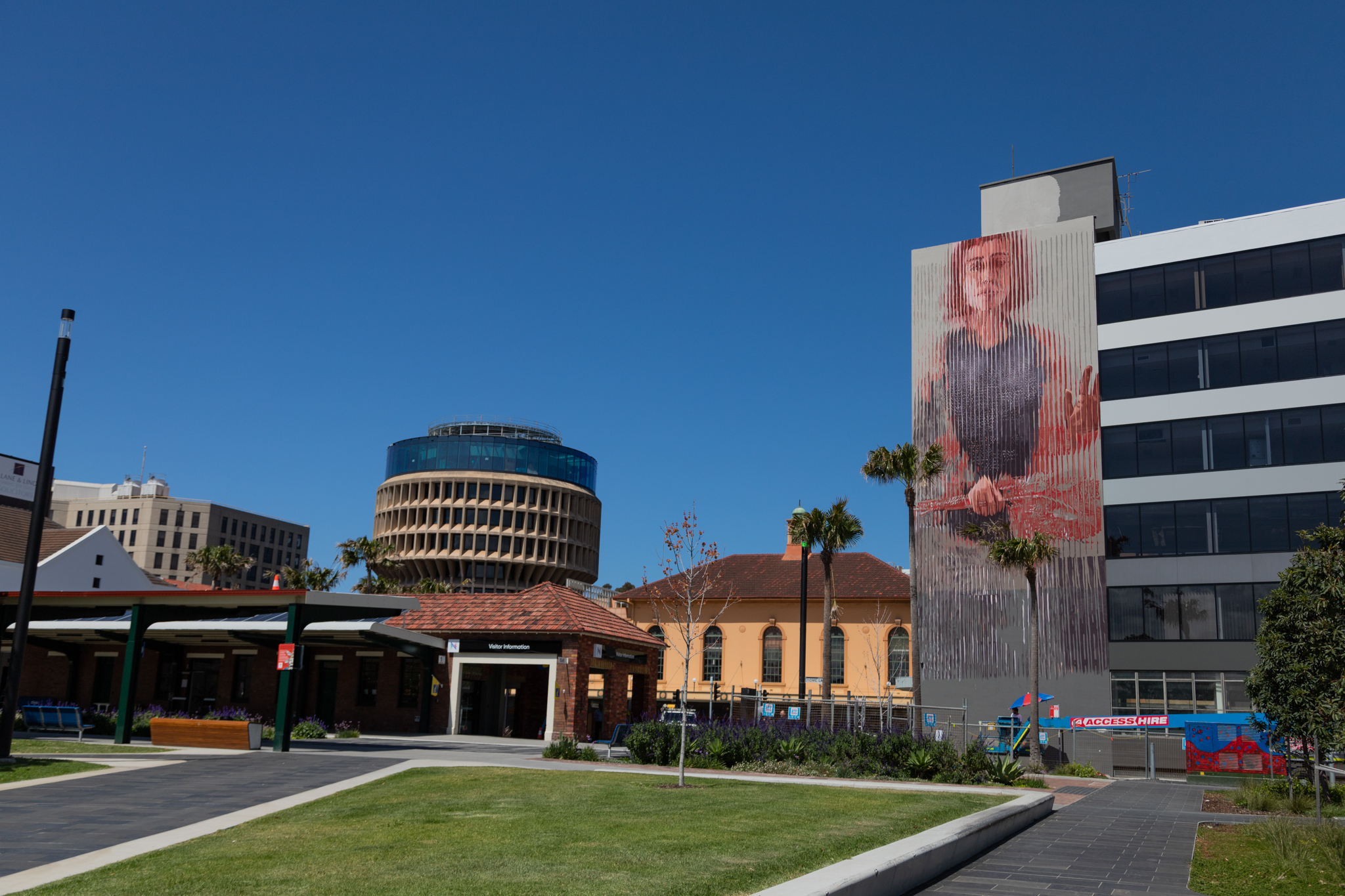Applications open today for a $30 million recovery package which supports repair works for arts and culture, sports and Aboriginal-owned community infrastructure damaged in the February-March flood event.
The eligible Local Government Areas are Ballina, Byron, Clarence Valley, Hawkesbury, Kyogle, Lismore, Richmond Valley and Tweed.
Minister for Emergency Management, Senator the Hon Murray Watt, said the majority of the works are being funded as part of the jointly-funded $150 million Community Local Infrastructure Recovery Package (CLIRP) announced in April.
“Community arts and cultural facilities and Aboriginal Keeping Places across New South Wales are a vital part of our cultural fabric. They are also an important part of our economy, supporting thousands of jobs across New South Wales,” Minister Watt said.
The New South Wales Government has separately committed an additional $12 million for the repair of sporting fields and facilities in the eight worst affected local government areas (LGAs) to get people in those communities back to their favourite sport or recreational activities.
Minister for Enterprise, Investment and Trade and Minister for Sport Alister Henskens said these funds will ensure vital infrastructure will be rebuilt.
“Many of the places our communities rely on were hit hard by the devastating floods, rendering them unsafe or unusable, and this funding is intended to provide support to help those communities to rebuild their local infrastructure,” Mr Henskens said.
Minister for Aboriginal Affairs and the Arts Ben Franklin said the funding is another important step towards helping flood-affected communities, including the State’s much-needed local arts and cultural industries and Local Aboriginal Land Councils, to get back on their feet.
“This continued commitment by the Australian and New South Wales governments recognises the importance of cultural infrastructure to the vitality of our communities and the wellbeing of those that live within them,” Mr Franklin said.
Minister for Emergency Services and Resilience and Minister for Flood Recovery Steph Cooke said rebuilding community infrastructure is an important part of the recovery process.
“Repairing community infrastructure not only boosts local economies and jobs, it helps residents get back to a sense of normality, which is one of the most important parts of the flood recovery process,” Ms Cooke said.
The package includes:
- Up to $12 million in grants for councils ranging from $15,000 to $500,000 for community sport infrastructure projects;
- Up to $12 million in grants for eligible arts and cultural organisations, councils and regional arts development organisations ranging from $5,000 to $500,000; and
- $6 million for repairs to community infrastructure in the most impacted Local Aboriginal Land Councils (LALCs), including $3.45 million in grants to support further repairs and rebuilds for LALCs and Aboriginal organisations.
More information on the funding streams and guidelines is available on the Office of Sport, Create NSW and Aboriginal Affairs NSW websites.

